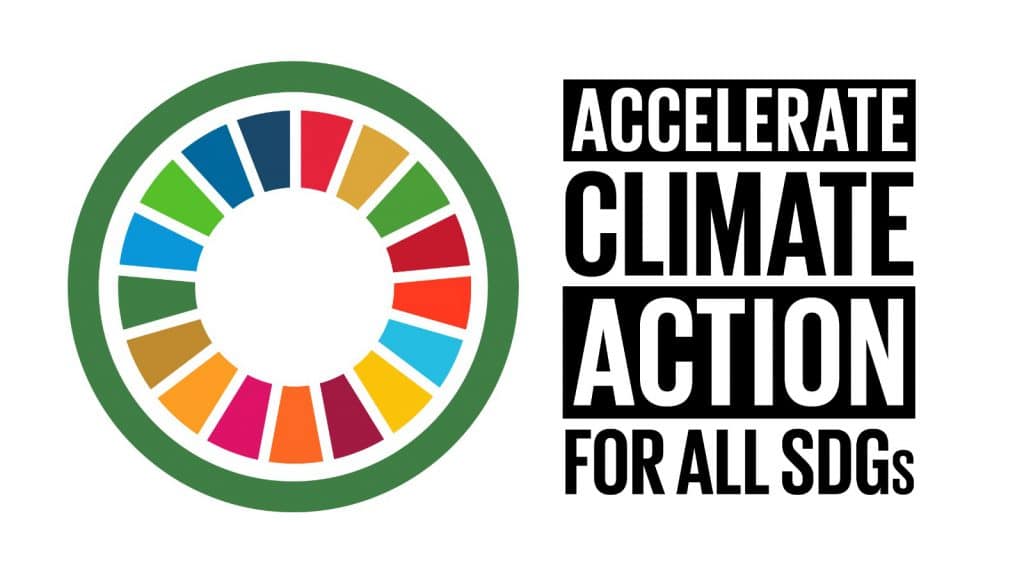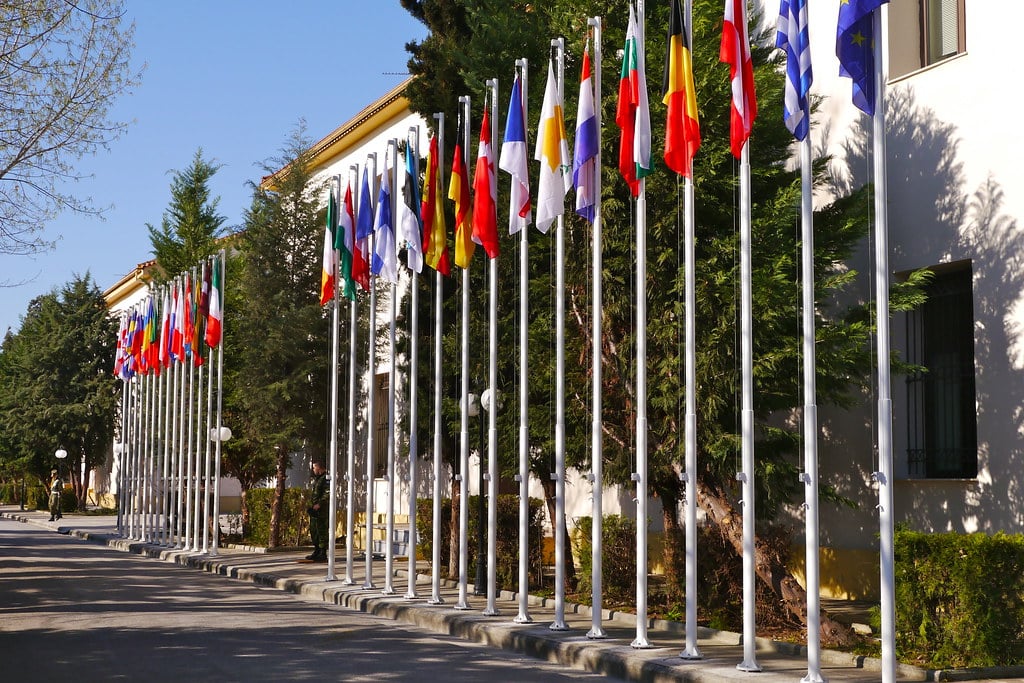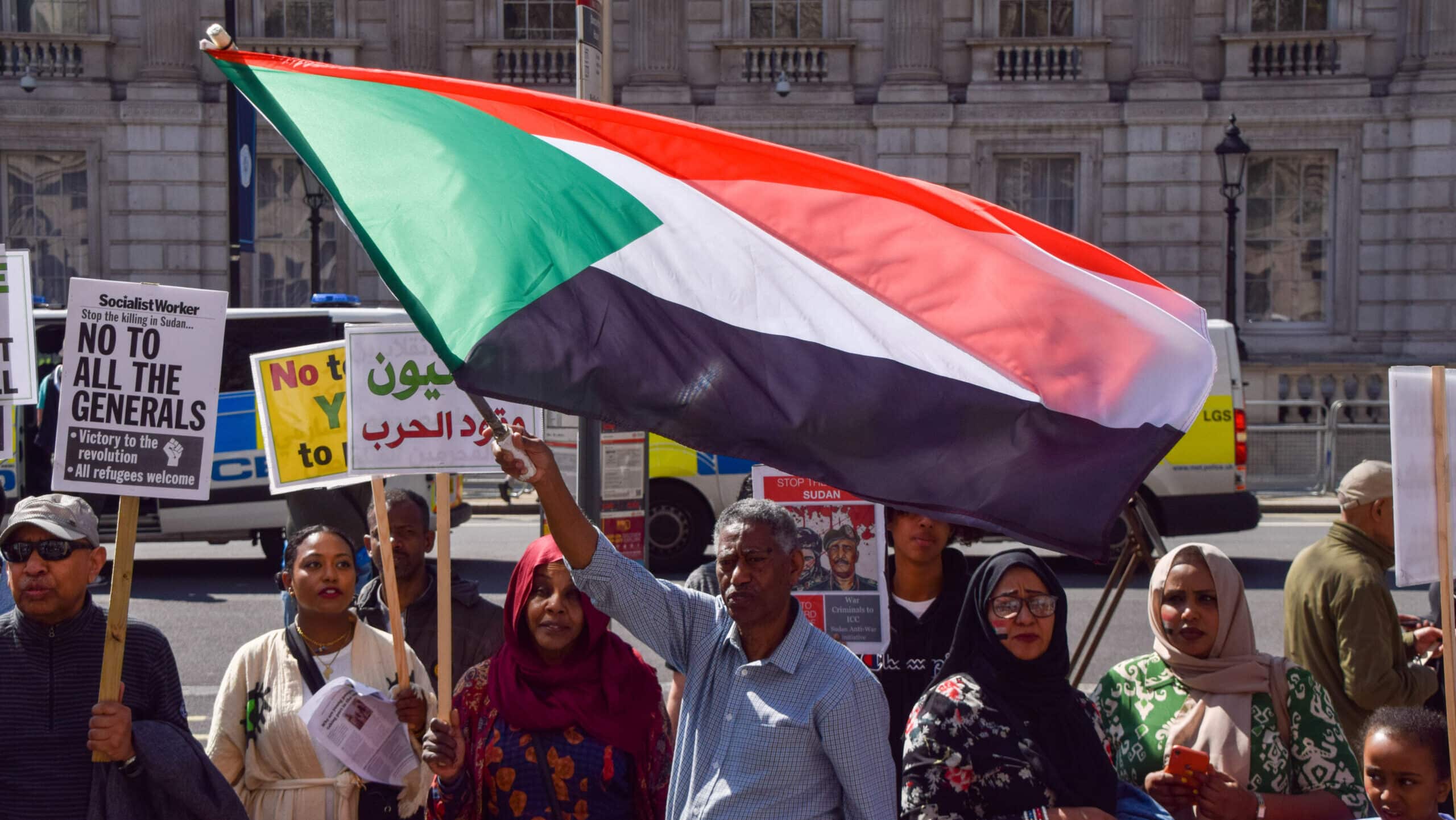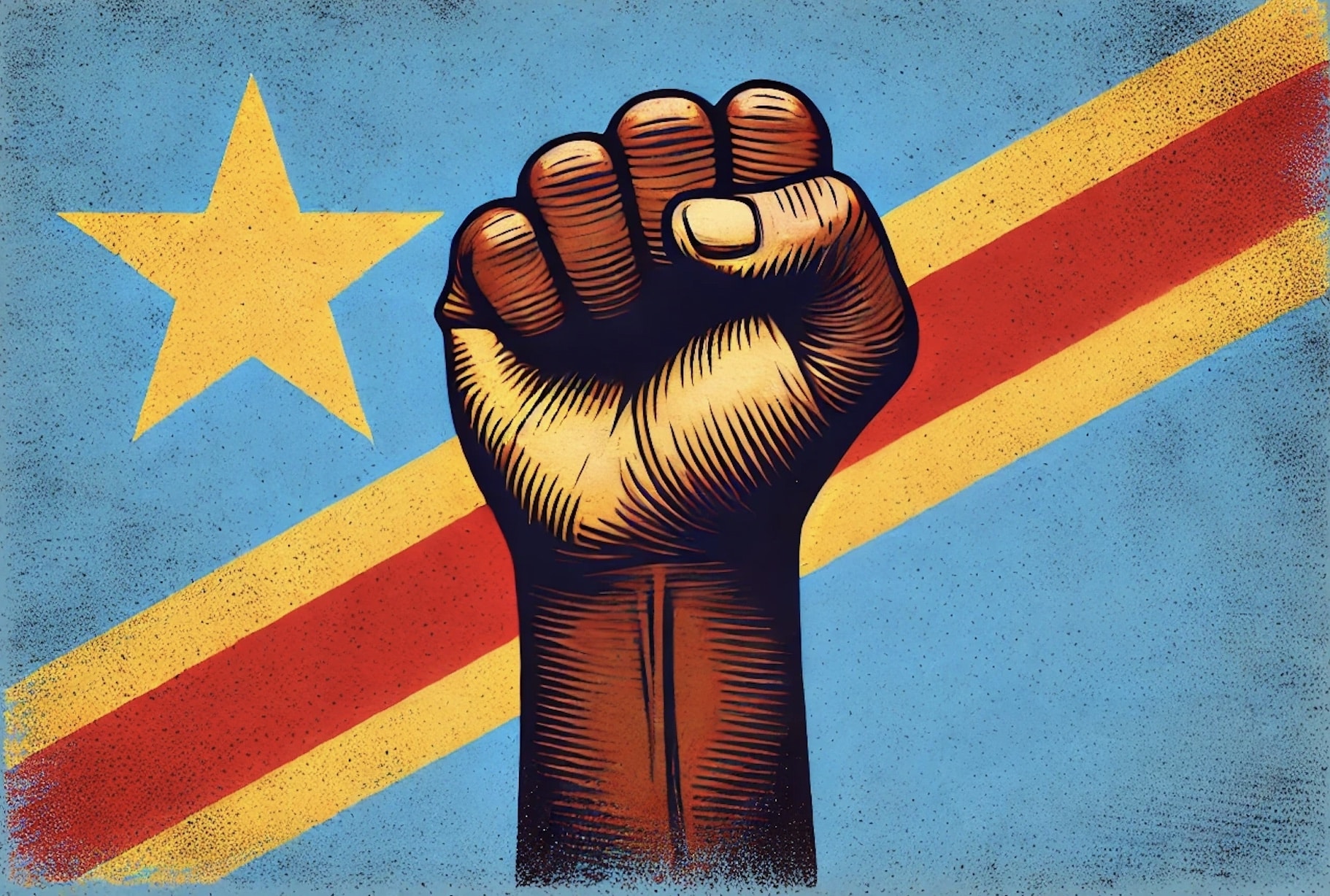In last week's debate on the Economic Affairs and Climate budget, Minister Wiebes' climate measures were discussed at length. Interestingly, the UN's Sustainable Development Goals (SDGs), adopted in 2015, were not mentioned during this debate. These 17 goals, with a focus on economic, social and environmental development themes, must be achieved by 2030.
Still, the exclusion of the SDGs within climate action is not entirely remarkable, as the Netherlands seems to see its ambitions to combat climate change completely separate from the development goals set out in the SDG agenda. This is unfortunate, as combating climate change is an important part of this agenda. For instance, there is a goal specifically on climate change mitigation (SDG 13) and climate change mitigation is relevant to the entire SDG agenda. The major social and economic impacts of climate change are inhibiting all these other goals. So we need to stop seeing climate action and SDGs in isolation and reporting on them.
Climate change inextricably linked to SDGs
According to the just-released 2019 Europe Sustainable Development Report although Europe is a global leader, no European country is on track to meet the 2030 targets. Adding the increasing negative impacts of climate change in the coming years, achieving the targets does not seem within reach either. The report argues that international and national climate actions in line with the UN Paris Climate Agreement, also signed in 2015, are closely linked to the SDGs and these two agendas should therefore also be seen much more as a single package. Here, the SDGs are focused on 2030 and the Paris Agreement aims at climate neutrality by 2050, with major progress by 2030.
The SDGs and the Paris Agreement, unlike the goals pursued by most policymakers, focus on long-term transformations. To set this in motion, coherent and multifaceted policies are therefore key. Unfortunately, this coherence is not yet in place in most European countries, including the Netherlands.
Through the climate agreement, led by the Ministry of Economic Affairs and Climate, measures are being taken in all sectors of the Dutch economy to meet the C02 reduction targets set in the Paris Agreement. Within these measures, hardly any attention is paid to our international footprint: what are the international climate consequences of our policies? And what about the impact of our climate policies on development and achieving the SDGs elsewhere? With the lack of focus on such pressing questions, developing countries are the child of the bill when it comes to climate change. Many of these countries are geographically disadvantaged (near the equator or near the sea) and lack resilience and power to cope with the impacts of climate change.
Dutch climate action is mainly focused on the here and now and how to bring about energy transition and behavioural change on our own soil. Through development cooperation, the Ministry of Foreign Affairs works actively on climate mitigation and adaptation and has a coordinating role on the implementation of the SDGs. However, there is hardly any cooperation in this with the Ministry of Economic Affairs and Climate Change. Both departments act independently of each other, causing real sustainable development to lose out.
Climate Justice
Climate change cannot be equitably mitigated if it does not take into account in a coherent manner Climate Justice within the measures taken. This links the climate discussion with human rights and development issues and ensures that everyone is included in climate action. Only in this way can climate action contribute to achieving the SDGs. In the coming year, the FMS, in collaboration with the Foundation for European Progressive Studies, is therefore conducting research on this topic. In doing so, we try to give the voice of those most affected by climate change a place in the European debate on the subject. How do they think European and Dutch climate policies can be shaped to contribute to socially, economically and ecologically sustainable development worldwide? More about this soon!





